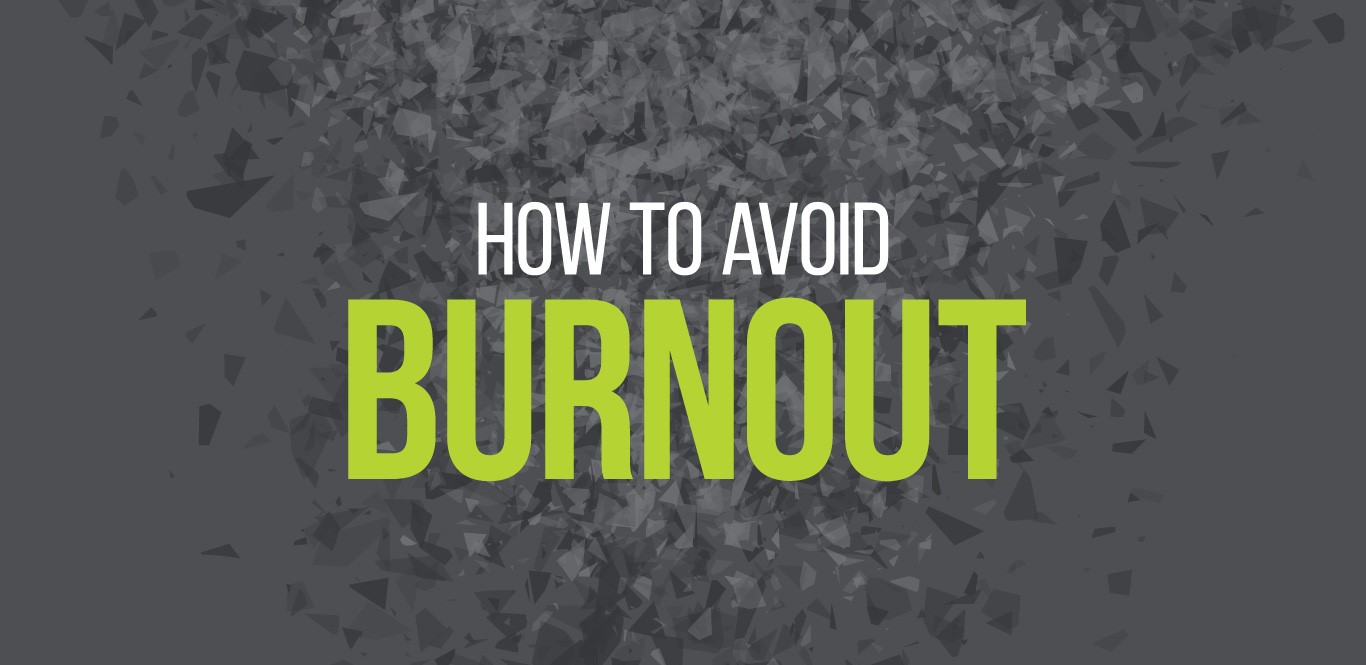The warning signs of burnout and how to avoid it
Lucinda Pullinger, Global Head of HR at Instant Offices, gives her top tips for recognising and combatting symptoms of burnout
Lucinda Pullinger, Global Head of HR at Instant Offices, gives her top tips for recognising and combatting symptoms of burnout

Burnout is becoming an increasing problem in the workplace, costing 15.4 million working days a year, and it has even been recognised as a medical condition.
Research by HSE said that 23% of full-time employees felt burned out at work all the time – while collectively, this group of burned out staff are 63% more likely to be off sick.
Accounting is a particularly stressful industry and it’s important to identify the early signs of burnout to avoid hitting rock bottom. “Stress and exhaustion at work impacts employees of all ages around the world, and at every level of the career ladder,” said Lucinda Pullinger, Global Head of HR at Instant Offices.
“While January is one of the toughest times of the year for career blues in the UK, it is especially important to look out for signs of burnout later in the year as well. Similar to imposter syndrome, high achievers and perfectionists are particularly susceptible to burning themselves out,” she added.
Pullinger said that there were six key factors which led to burnout at work:

Pullinger added that it was important to look out for burnout symptoms to prevent them spiralling out of control. The most important symptoms were disengagement, when you start to ignore or avoid work or personal problems, a feeling of helplessness, and having blunted emotions, where you lose the energy to react emotionally to situations.
“If your work and family life are consistently stressful, you’re almost certainly at risk of burnout. Most people only realise that they are truly burnt out when it’s too late and then they need to work towards eliminating the symptoms, often while still having to deal with the stresses that caused it in the first place,” she said.
While it can be worrying if you start to exhibit any of these symptoms, it is important to act now to prevent them from getting worse. Pullinger gave a list of techniques which can help deal with the feeling of burnout.
Overall, Pullinger said it was important to “take a few minutes each day to acknowledge your anxieties for what they are; irrational and exaggerated, and prioritise things like spending time with friends and family and outdoor activities.”
“It’s important to be honest with yourself during the onset of burnout. Remember, these are simply tips to help you improve your situation in the short term. Burnout has genuine health implications, and we strongly recommend that you seek professional help in overcoming it,” she added.